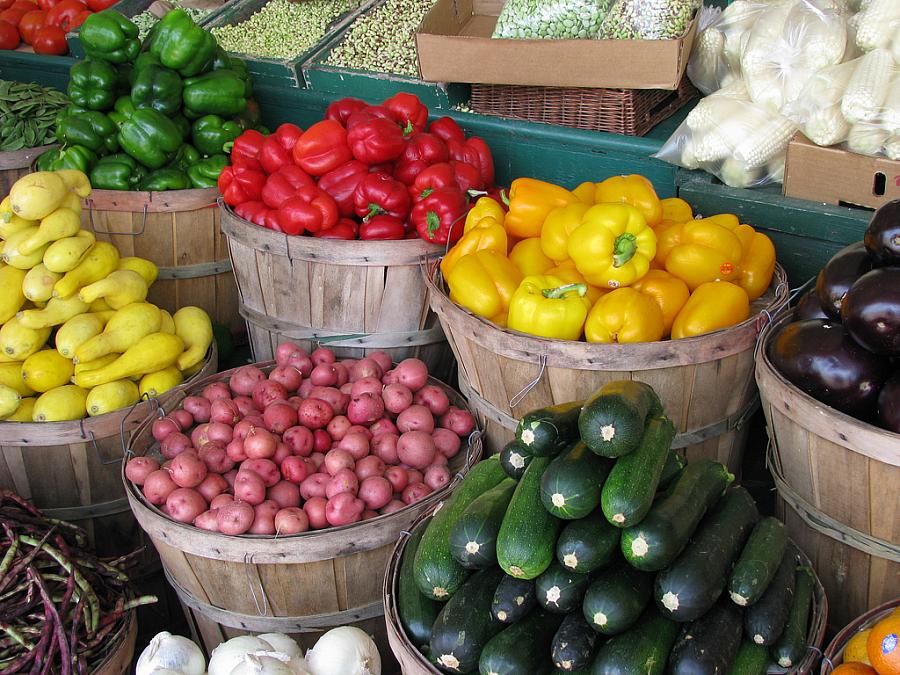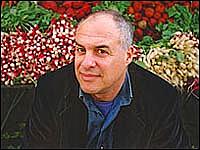Food for Thought, Food for Health: An Evening with Mark Bittman

New York Times columnist and food journalist Mark Bittman may be best known for his delicious recipes, but he is gaining new renown for his writing about critical food policy issues. He's written about the merits of a tax on sugary sodas and the politics of GMO foods. He eloquently explores how we have become alienated from the simple joys of cooking and good eating and shares his dismay over the addictive power of sugar.
We invited Bittman to visit Los Angeles to speak to California journalists and eventually teamed up with The California Endowment to bring him here. He will give a Nov. 14 lunch talk at the USC Annenberg School of Journalism (for a smaller gathering, principally of students and faculty) as well as an evening presentation at The California Endowment's Center Scene speaker series. We hope the Reporting on Health community in the Los Angeles area can join us – click here for more details and to RSVP. Tickets are free, but they're going fast.
We expect a provocative and inspiring talk.

“There must be, I thought (or fantasized) as I traveled through the valley, some movement toward pushing farmers, big and small, to produce decent food sustainably. Because if there’s not, the valley’s problems will only worsen, and we’d be complicit in destroying one of the country’s greatest resources.”
Health Journalism Fellow Rebecca Plevin replied on her blog, Harvesting Health, writing:
“I have an answer for Bittman: There IS a movement pushing for better, more sustainable environmental conditions in the San Joaquín Valley, and it’s bubbling up from the people who are most impacted by these problems.”
In another recent column, Bittman challenges the notion that "junk food is cheaper than real food."
How do you change a culture? The answers, not surprisingly, are complex…Obviously, in an atmosphere where any regulation is immediately labeled "nanny statism," changing "the environment" is difficult. But we’ve done this before, with tobacco. The 1998 tobacco settlement limited cigarette marketing and forced manufacturers to finance anti-smoking campaigns — a negotiated change that led to an environmental one that in turn led to a cultural one, after which kids said to their parents, "I wish you didn’t smoke." Smoking had to be converted from a cool habit into one practiced by pariahs.
My kids already convinced their father to thow away his cigarettes. Now they are moving on to sodas -- and scold me for an occasional root beer as if I were, um, smoking. I look forward to hearing more from Bittman on family food culture and how to tell great stories about it.
Related Content:
Is the Price Right? Getting a Handle on the Economics of Healthy Food
Bake Sale Ban Uproar: Just the Latest Roadblock for Healthier Schools
Q&A with Tracie McMillan: Going Behind the Scenes to See How Americans Eat
Can Communities Make Restaurants Healthier? Ideas for Your Reporting
School Food Politics: What's Missing From the Pizza-as-Vegetable Reporting

